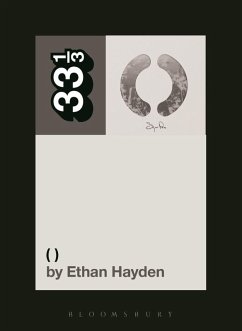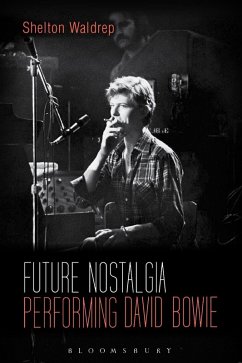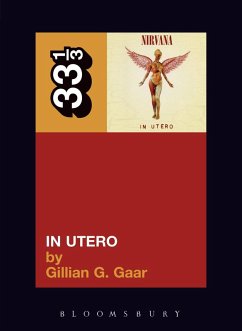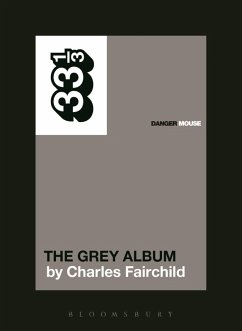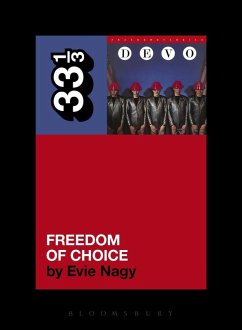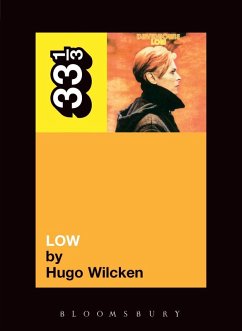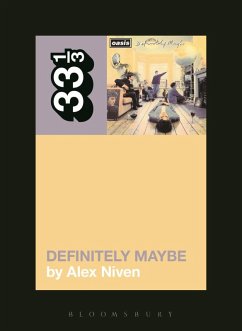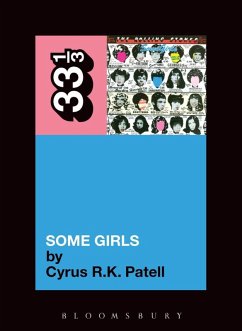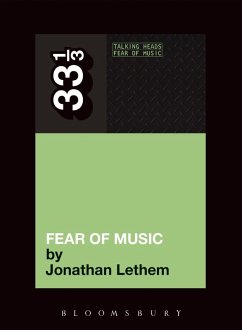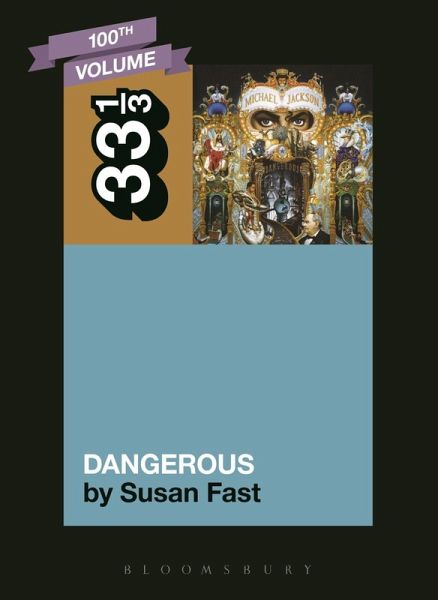
Michael Jackson's Dangerous (eBook, PDF)
Versandkostenfrei!
Sofort per Download lieferbar
9,95 €
inkl. MwSt.
Weitere Ausgaben:

PAYBACK Punkte
5 °P sammeln!
Dangerous is Michael Jackson's coming of age album. Granted, that's a bold claim to make given that many think his best work lay behind him by the time this record was made. It offers Jackson on a threshold, at long last embracing adulthood-politically questioning, sexually charged-yet unable to convince a skeptical public who had, by this time, been wholly indoctrinated by a vicious media. Even though the record sold well, few understood or were willing to accept the depth and breadth of Jackson's vision; and then before it could be fully grasped, it was eclipsed by a shifting pop music lands...
Dangerous is Michael Jackson's coming of age album. Granted, that's a bold claim to make given that many think his best work lay behind him by the time this record was made. It offers Jackson on a threshold, at long last embracing adulthood-politically questioning, sexually charged-yet unable to convince a skeptical public who had, by this time, been wholly indoctrinated by a vicious media. Even though the record sold well, few understood or were willing to accept the depth and breadth of Jackson's vision; and then before it could be fully grasped, it was eclipsed by a shifting pop music landscape and personal scandal-the latter perhaps linked to his assertive new politics. This book tries to cut through the din of dominant narratives about Jackson, taking up the mature, nuanced artistic statement he offered on Dangerous in all its complexity. It is read here as a concept album, one that offers a compelling narrative arc of postmodern angst, love, lust, seduction, betrayal, damnation, and above all else racial politics, in ways heretofore unseen in his music. This record offered a Michael Jackson that was mystifying for a world that had accepted him as a child and as childlike and, hence, as safe; this Michael Jackson was, indeed, dangerous.





